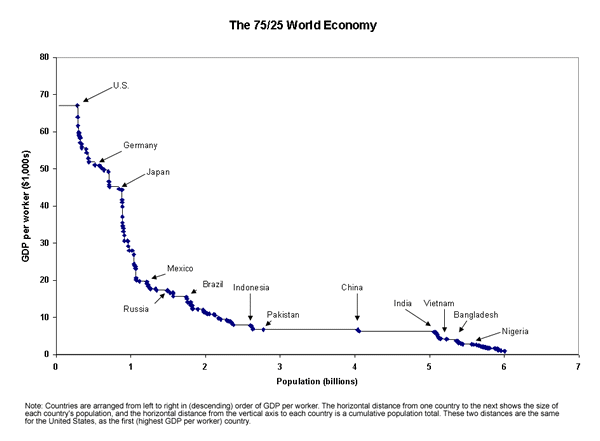Gone4Good
Give me a museum and I'll fill it. (Picasso) Give me a forum ...
- Joined
- Sep 9, 2005
- Messages
- 5,381
We have 22 million government workers out of about 120 million US workers. So, that's 18%.
I guess there's room to grow. France's number is 44%, and I just read that Saudi Arabia's is 70%. Nice! Roughly one Frenchman to oversee and regulate the other French worker, and in Saudi Arabia's case, 2 regulators per worker. Supernice! The more the merrier?
Everybody is employed.
And yet according to OECD data, France's GDP / Hour Worked is just 5% lower than ours.
Again, not the big deal people think. Most of the difference between France GDP and US GDP is that in France they actually take vacations.
Given a choice, I'd choose the France lifestyle of working less and earning less. I know that idea may sound strange in an Early Retirement Forum, but it kind of suits me.

Last edited:


